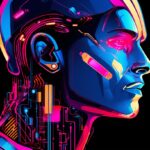Are you ready to step into the future, physicist? Brace yourself, because artificial intelligence (AI) is making its way into the realm of physics. The question looms in your mind: will your job be replaced by AI?
As advancements in technology continue to shape our world, it’s crucial to understand the growing influence of AI and how it may impact your role as a physicist. But fear not! In this article, we’ll explore strategies for staying relevant and thriving in this new era of AI-powered physics.
Get ready to embrace the freedom that comes with adapting and evolving alongside AI.
Key Takeaways
- AI has made significant advancements in quantum mechanics and astrophysics, allowing for the solving of complex equations and the simulation of quantum systems with high accuracy.
- Physicists collaborate with AI systems to enhance research capabilities, with AI assisting in analyzing large datasets effectively to identify patterns and gain insights.
- AI tools and techniques enhance the ability to analyze complex data sets and make predictions, but physicists remain responsible for interpreting results and making critical decisions.
- Embracing the integration of AI in physics opens up new job prospects, as AI revolutionizes the field and deepens the understanding of fundamental laws of nature.
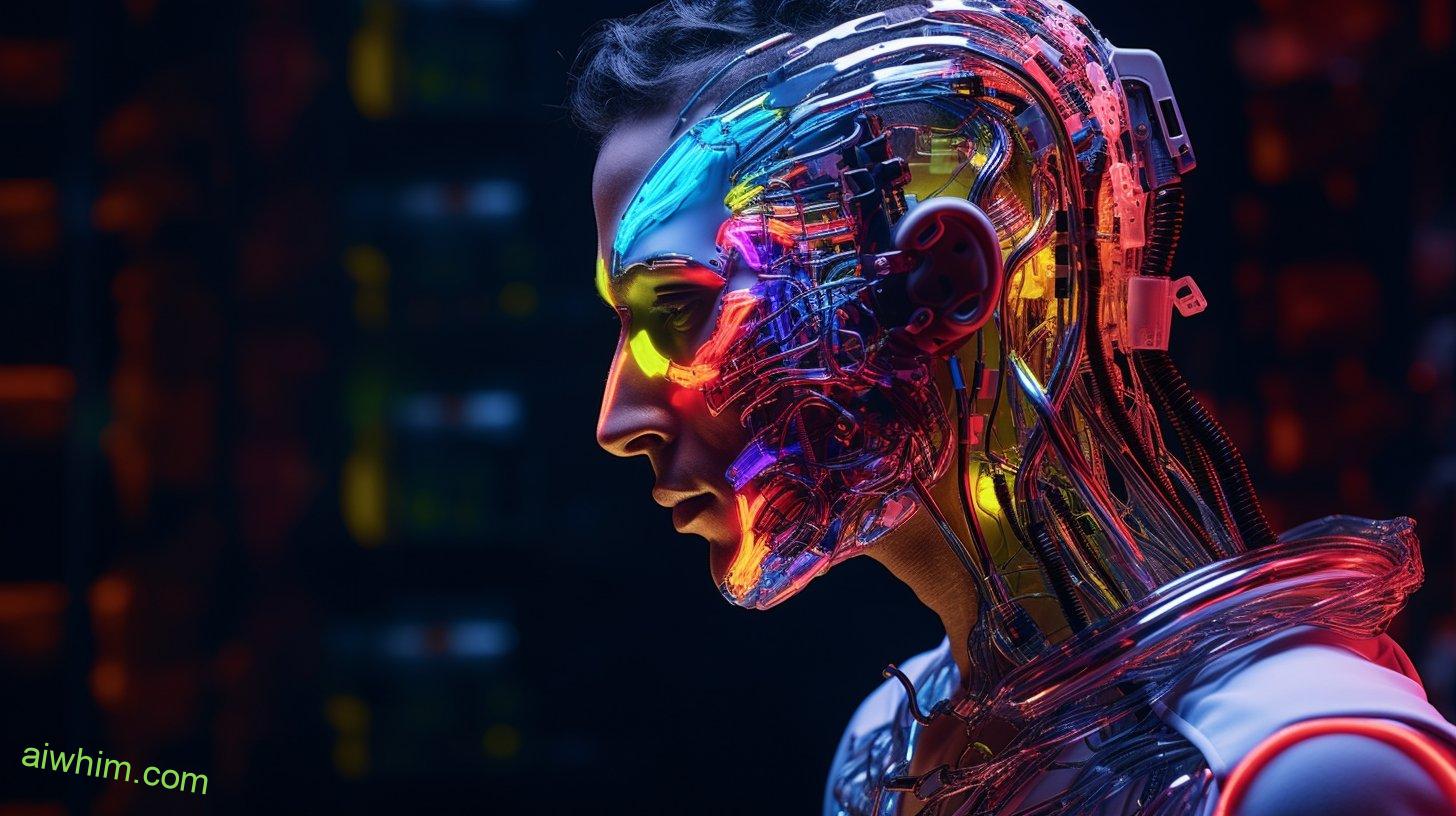
The Growing Influence of AI in Physics
The growing influence of AI in physics is a topic that you should be aware of. AI has made significant advancements in various fields, including quantum mechanics and astrophysics.
In quantum mechanics, AI algorithms have been developed to solve complex equations and simulate quantum systems with high accuracy. These algorithms can handle large amounts of data and perform calculations much faster than traditional methods. This has led to breakthroughs in understanding the behavior of particles at the microscopic level.
Similarly, AI has also made its way into astrophysics. With the vast amount of astronomical data available, AI algorithms can analyze this data more efficiently and uncover patterns or anomalies that may not be immediately apparent to human researchers. For example, machine learning techniques have been used to identify exoplanets by analyzing light curves from space telescopes.
As a physicist, embracing the growing influence of AI can be beneficial for your research and career advancement. By leveraging AI tools and techniques, you can enhance your ability to analyze complex data sets, make predictions, and discover new insights in your field.
However, it is important to remember that while AI can assist in many aspects of physics research, it cannot replace the creativity and intuition that humans bring to scientific discovery.
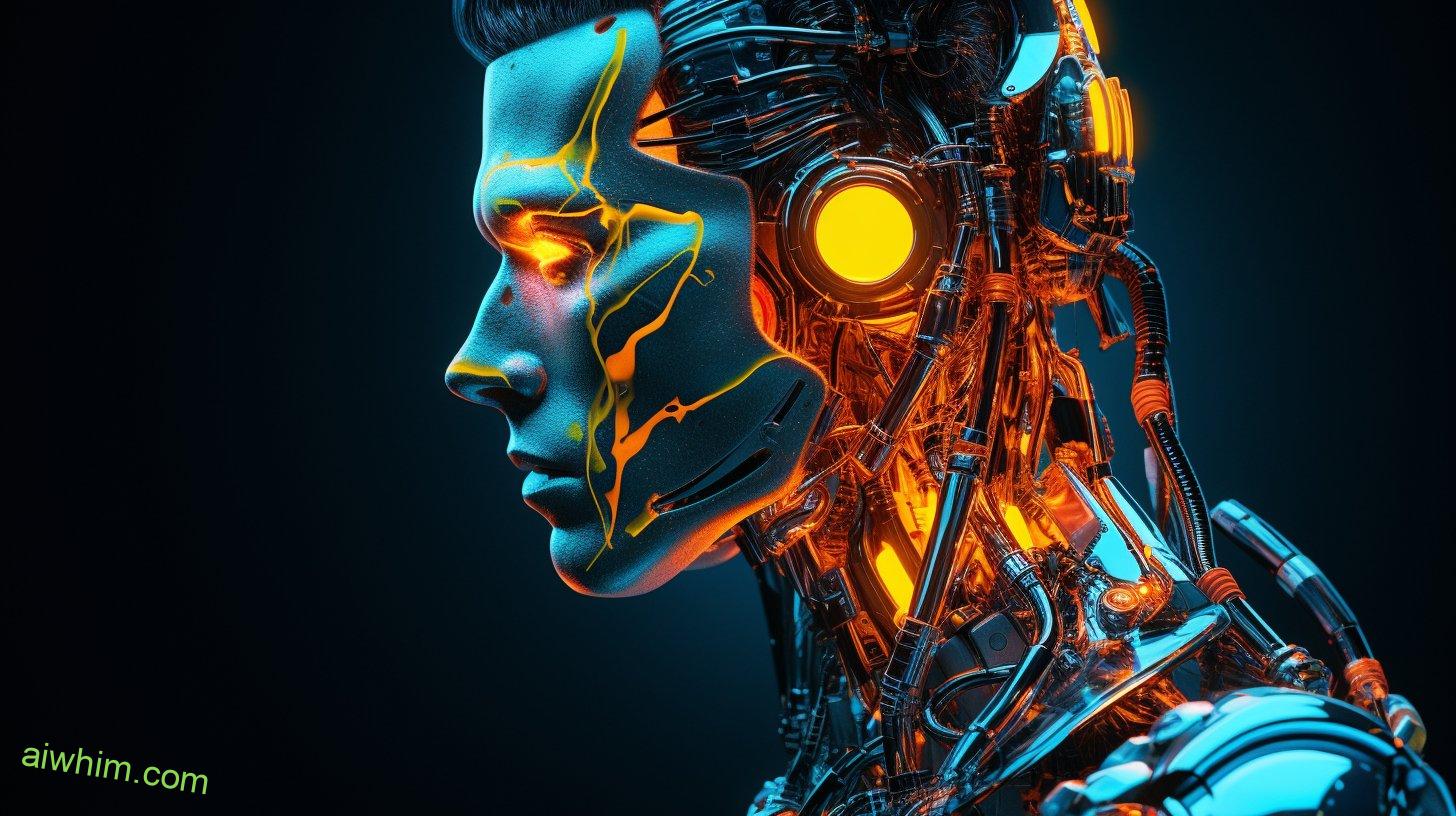
The Impact of AI on Physicists’ Roles and Responsibilities
When it comes to the impact of AI on physicists’ roles and responsibilities, you may find yourself adapting and evolving alongside these advancements. As AI continues to advance in the field of physics, it is important to consider the role that physicists play in its development and the ethical implications that arise.
Here are four key points to keep in mind:
- Collaboration: Physicists have a crucial role in collaborating with AI systems to enhance research capabilities. By working together, they can leverage AI’s ability to process vast amounts of data quickly and efficiently.
- Data Analysis: With the increasing complexity of experiments and simulations, AI can assist physicists in analyzing large datasets more effectively. This enables them to identify patterns, make predictions, and gain deeper insights into fundamental physical phenomena.
- Decision-making: While AI can help automate certain tasks, such as data collection or experimental design optimization, physicists remain responsible for interpreting results and making critical decisions based on their expertise.
- Ethical Considerations: The integration of AI into physics research raises ethical concerns. Physicists must ensure that their use of AI aligns with responsible practices by addressing issues like bias, privacy protection, and transparency.
As a physicist navigating this rapidly evolving landscape, embracing new technologies while preserving ethical standards will be essential for success. Remember that your role remains vital in driving scientific progress while upholding ethics and responsibility.
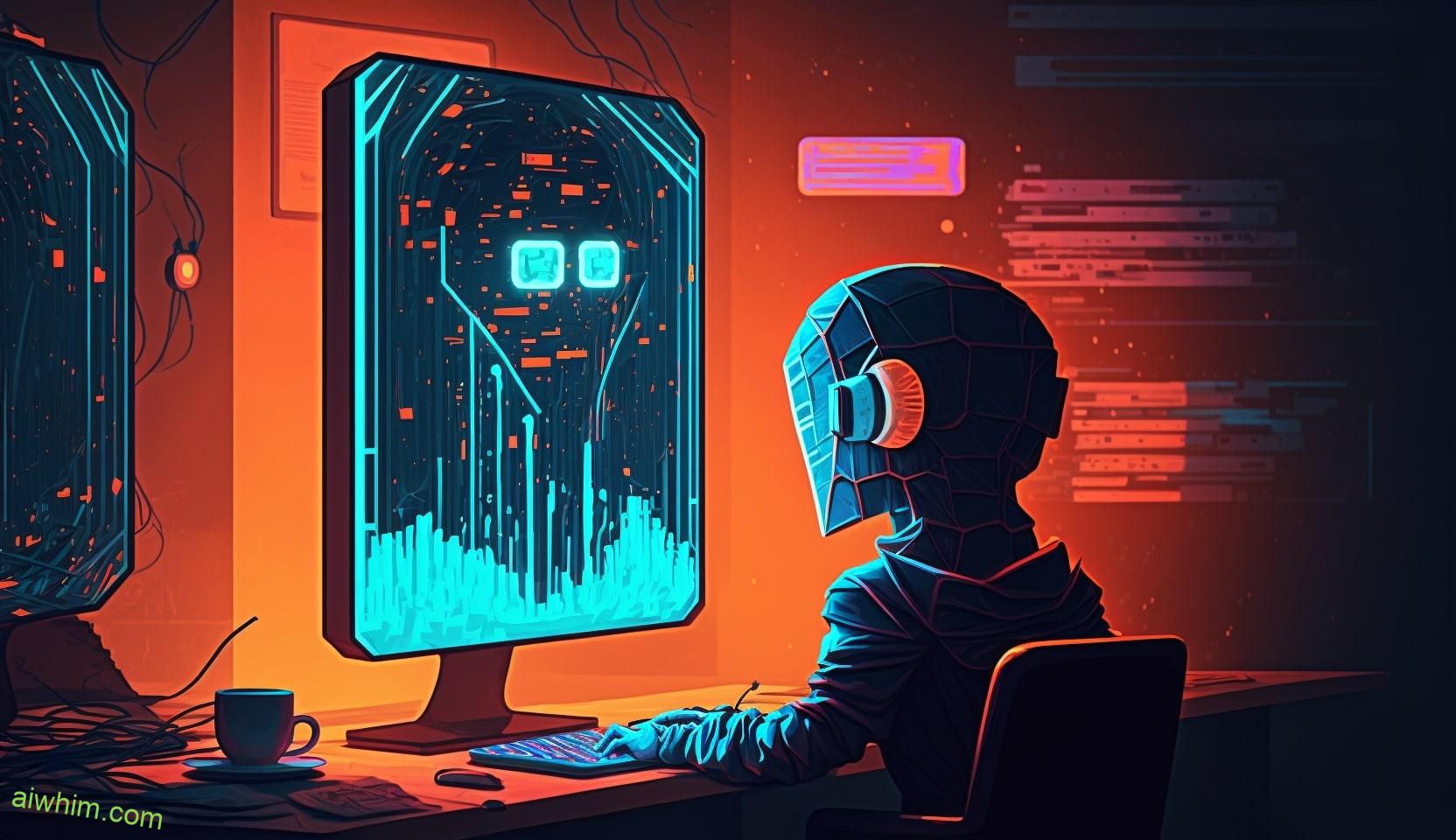
AI Advancements in the Field of Physics
As you navigate the rapidly evolving field of physics, embracing AI advancements can enhance your research capabilities and provide deeper insights into fundamental physical phenomena. AI-driven simulations and AI-powered data analysis have become invaluable tools for physicists seeking to explore complex systems and analyze vast amounts of data.
With AI-driven simulations, you can now create virtual models that accurately simulate real-world scenarios, allowing you to study physical phenomena in ways previously unimaginable. These simulations can help you uncover hidden patterns, test hypotheses, and make predictions with greater accuracy.
Furthermore, AI-powered data analysis enables you to process and analyze large datasets more efficiently. By utilizing machine learning algorithms, you can extract valuable information from massive amounts of experimental or observational data. This allows you to identify trends, correlations, and anomalies that may have been overlooked using traditional methods.
By incorporating AI into your research workflow, you gain a powerful ally that complements your expertise as a physicist. It frees up time for more creative and critical thinking tasks while providing valuable insights into the intricate workings of nature.
Embracing these advancements not only enhances your research capabilities but also opens up new avenues for exploration within the field of physics. So go ahead, embrace the power of AI and unlock new frontiers in your quest for knowledge!
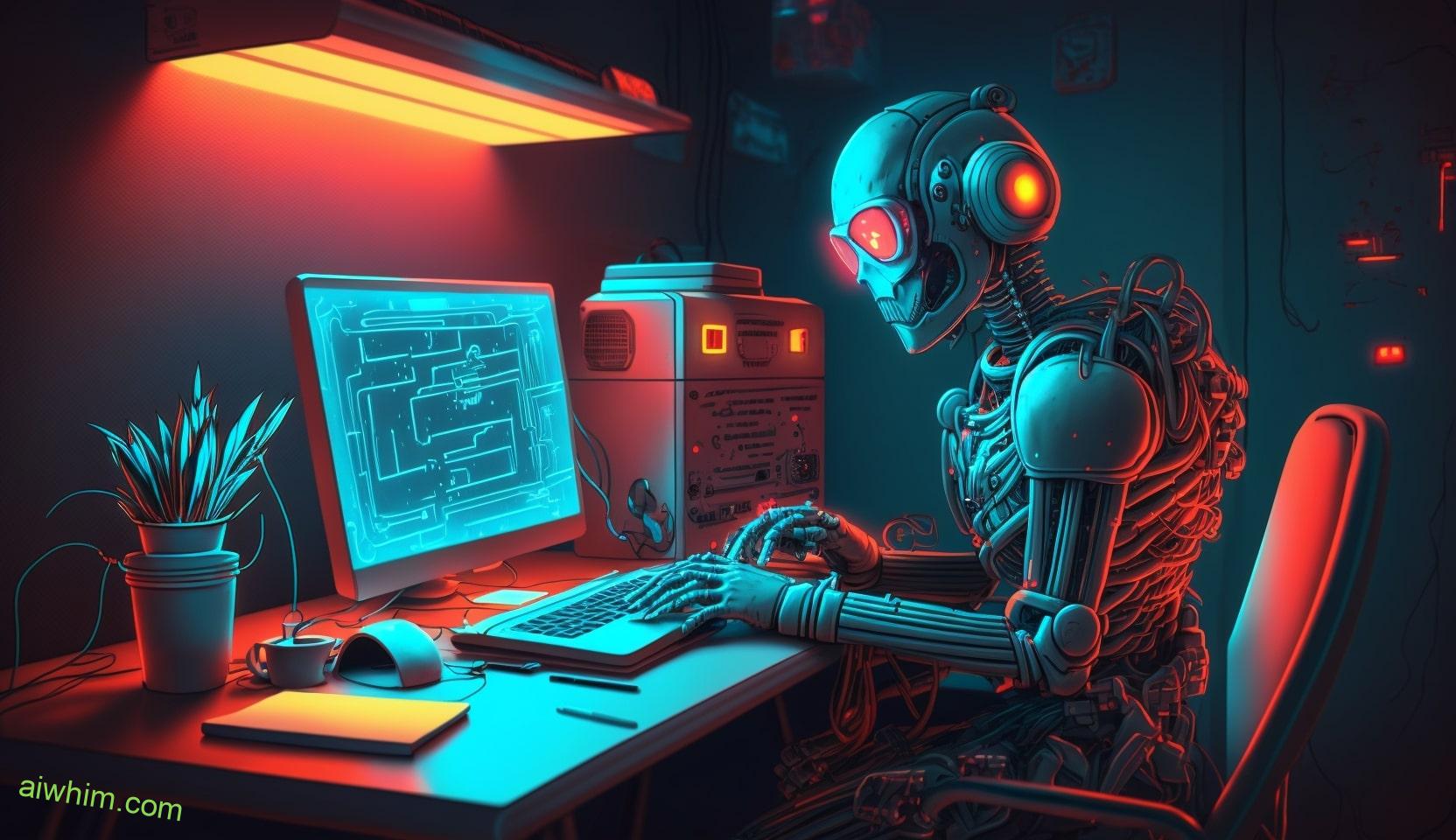
The Evolution of Physics Jobs in the Era of AI
Embracing the evolution of physics jobs in the era of AI can open up new opportunities for you to collaborate with advanced technologies and expand your understanding of the universe. As technology continues to advance, it is important to stay ahead of the evolutionary trends in order to secure your future job prospects.
Here are four exciting ways that AI is transforming the field of physics:
- Data Analysis: AI algorithms have the power to process vast amounts of data, allowing physicists to uncover hidden patterns and make groundbreaking discoveries.
- Simulation and Modeling: With AI, physicists can create highly accurate simulations and models, enabling them to explore complex phenomena that were previously difficult or impossible to study.
- Automation: AI-powered robots and machines can perform repetitive tasks with precision and efficiency, freeing up physicists’ time for more creative problem-solving.
- Collaboration: By collaborating with AI systems, physicists can combine their expertise with machine intelligence, leading to novel insights and accelerating scientific progress.
In this era of rapid technological advancement, embracing the integration of AI in physics opens up a world of possibilities. It allows you to stay at the forefront of cutting-edge research while expanding your skills as a physicist. Embrace these evolutionary trends in physics jobs and seize new job prospects that will shape our understanding of the universe.
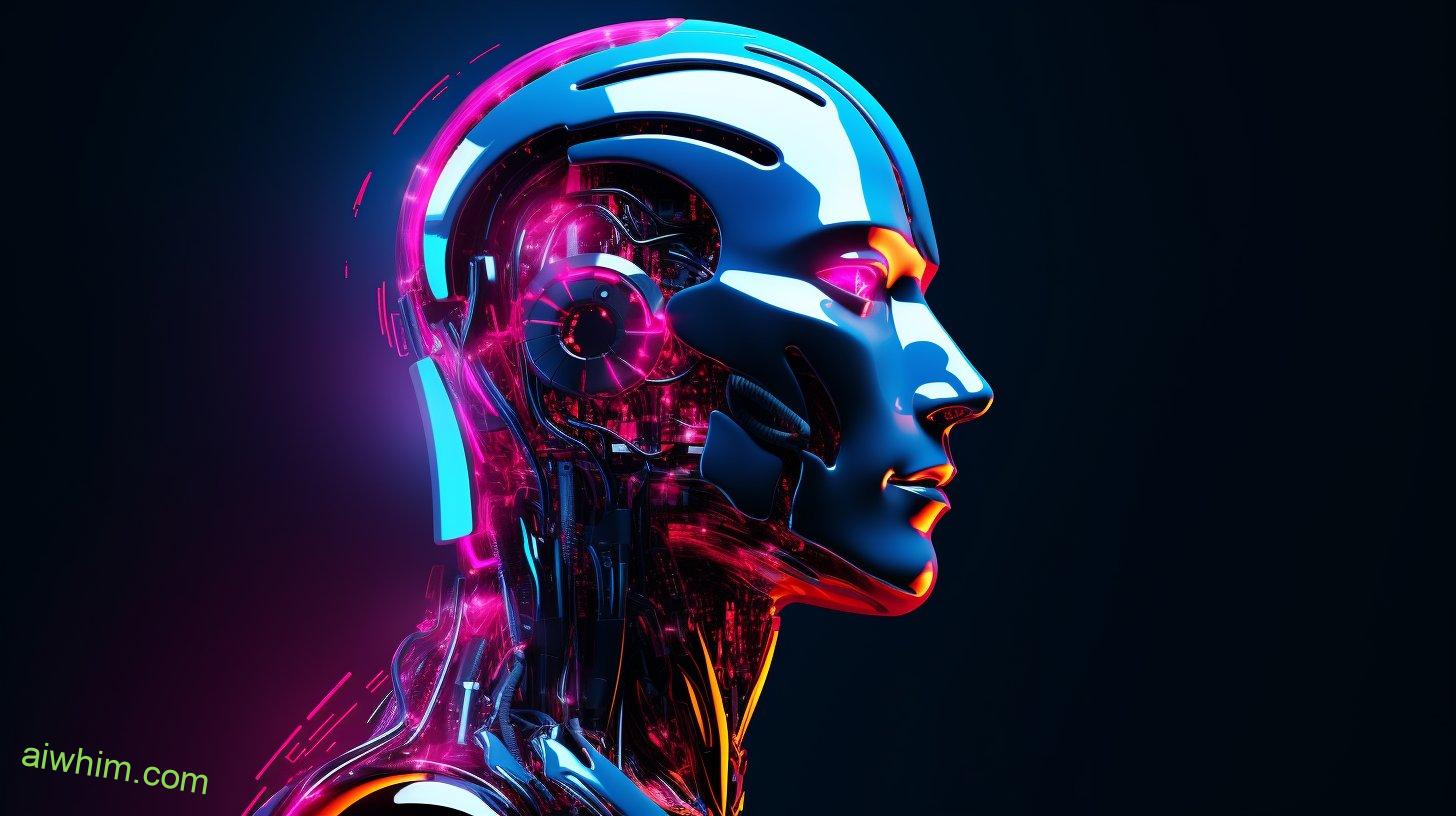
How AI Is Transforming the Landscape of Physics Careers
The integration of AI in physics careers is transforming the landscape and creating new opportunities for collaboration with advanced technologies. As a physicist, you are witnessing firsthand how AI is revolutionizing the field.
In theoretical physics, AI algorithms are being developed to analyze complex data sets and identify patterns that were previously undetectable by human researchers. This allows for more accurate predictions and a deeper understanding of the fundamental laws of nature.
Furthermore, AI is also playing a crucial role in computational physics. With its ability to process large amounts of data and perform complex calculations at lightning-fast speeds, AI systems are becoming invaluable tools for simulating physical phenomena. They can assist in solving intricate equations and optimizing experimental designs, ultimately saving time and resources.
By embracing AI in your career as a physicist, you have the opportunity to collaborate with these advanced technologies to push the boundaries of scientific knowledge even further. You can leverage AI algorithms to uncover hidden correlations within vast datasets, enabling breakthroughs in research areas such as particle physics or cosmology. Additionally, incorporating AI into computational simulations allows for more accurate modeling of physical processes, leading to greater precision in predictions.
Embracing this integration between physics and AI opens up a world of possibilities for you as a physicist. It empowers you to explore uncharted territories, tackle complex problems more efficiently, and pave the way for groundbreaking discoveries that will shape our understanding of the universe. So seize this opportunity now and let AI propel your career forward!
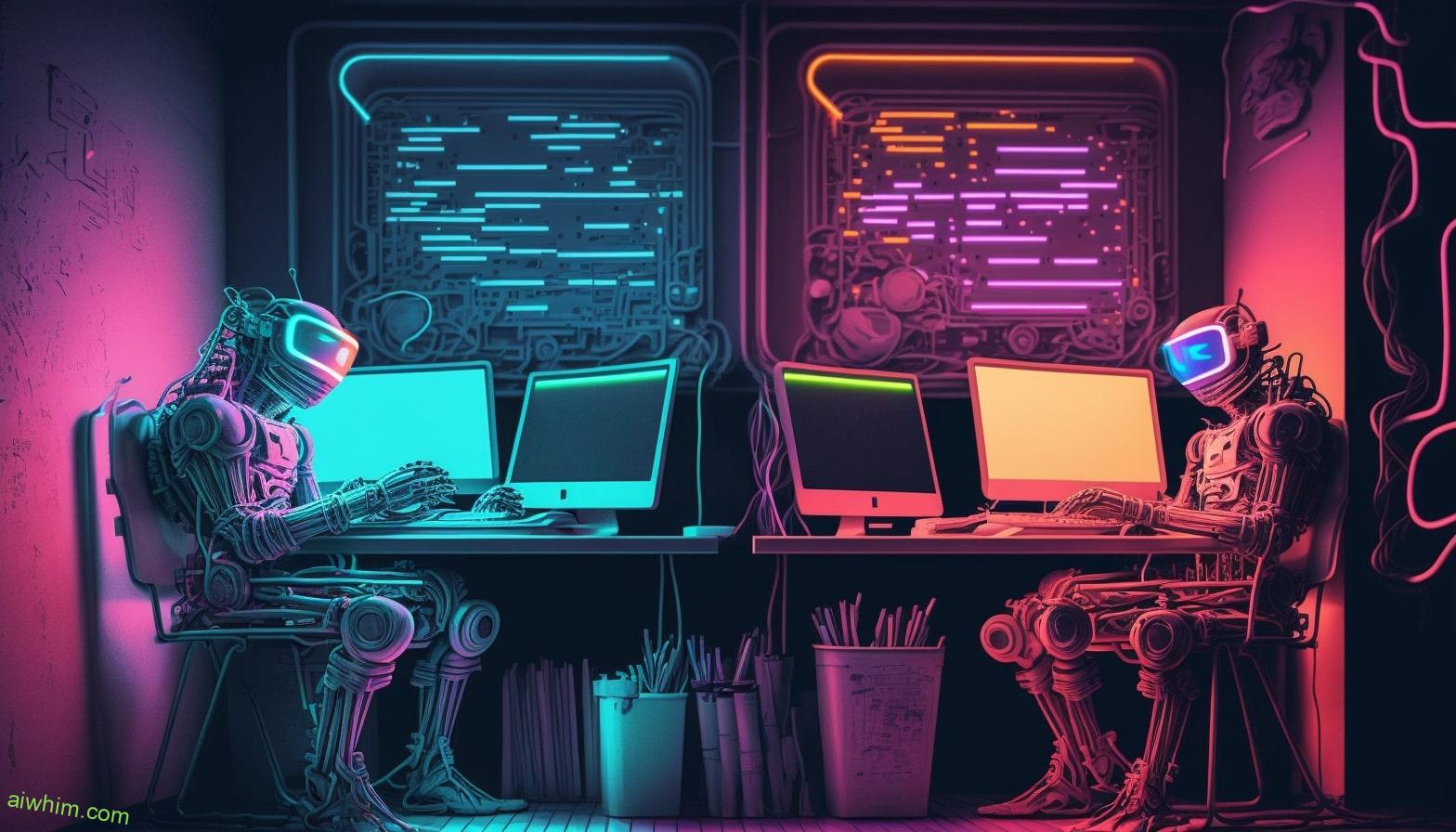
Challenges and Opportunities for Physicists in the Age of AI
In the age of AI, as a physicist, you face both challenges and opportunities in your career. The implementation of AI in physics brings about its own set of hurdles, but it also opens up exciting possibilities for interdisciplinary collaboration.
Here are some key points to consider:
- Challenges in AI implementation: As physicists, you may encounter difficulties in effectively implementing AI algorithms and models into your research. This requires a deep understanding of both physics principles and machine learning techniques. Overcoming these challenges will require continuous learning and adaptation to new technologies.
- Opportunities for interdisciplinary collaboration: The integration of AI into physics creates opportunities for collaboration with experts from other fields such as computer science, statistics, and data analysis. Working together with these professionals can lead to innovative solutions that advance scientific discovery and technological breakthroughs.
- Increased efficiency in data analysis: With the power of AI, you can analyze vast amounts of data more efficiently than ever before. Machine learning algorithms can help identify patterns, make predictions, and uncover hidden insights from complex datasets. This enables physicists to accelerate their research process and gain deeper insights into fundamental phenomena.
- Exploring new frontiers: AI provides physicists with a unique avenue to explore uncharted territories within their field. By leveraging machine learning techniques, you can tackle complex problems that were previously beyond reach. This allows for groundbreaking discoveries and pushes the boundaries of our understanding.
Embracing the challenges while seizing the opportunities presented by AI will empower you as a physicist to make significant contributions towards scientific advancements in this digital era.

The Role of AI in Physics Research and Discovery
Now that we’ve explored the challenges and opportunities for physicists in the age of AI, let’s dive into the exciting role that AI plays in physics research and discovery.
You might be wondering how AI can contribute to theoretical physics or particle physics.
In theoretical physics, AI algorithms have proven to be valuable tools for analyzing complex data sets and making predictions. By using machine learning techniques, researchers can train AI models to uncover patterns and connections within vast amounts of information. This allows physicists to explore new theories and test hypotheses more efficiently than ever before.
AI is also making significant contributions to particle physics. With the Large Hadron Collider generating enormous amounts of data, it becomes increasingly challenging for human scientists to analyze it all. That’s where AI comes in – it can sift through this massive volume of data, identifying relevant patterns and anomalies that could lead to groundbreaking discoveries.
Furthermore, by utilizing AI algorithms, physicists can simulate complex physical processes more accurately. This enables them to model intricate phenomena with greater precision and gain deeper insights into the fundamental workings of our universe.
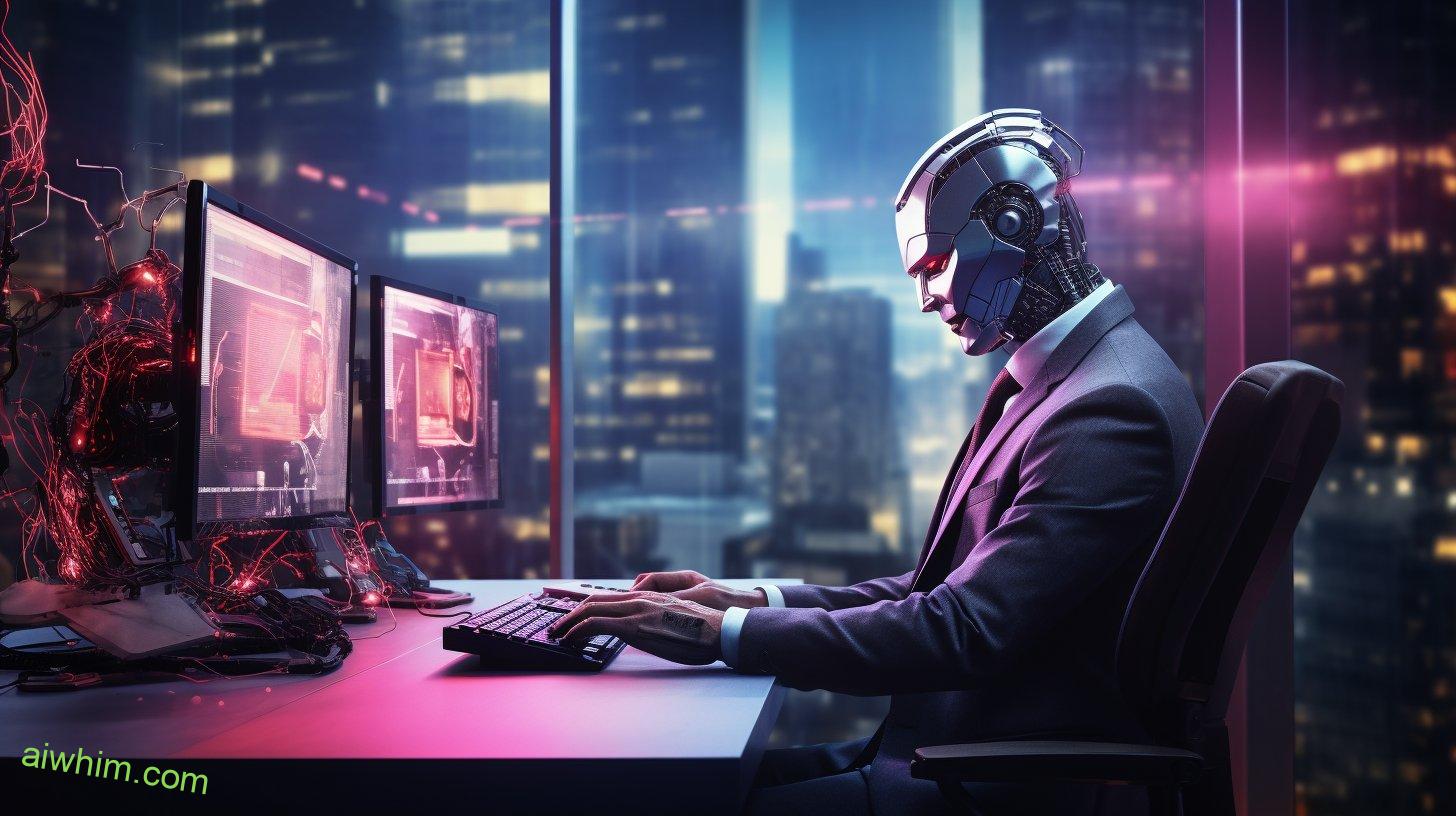
AI-Driven Innovations in Physics Education and Teaching
Rest assured, AI will revolutionize physics education by providing innovative tools and resources to enhance your learning experience. With AI-driven simulations and virtual physics labs, you’ll have the freedom to explore and experiment in ways never before possible.
Here are four exciting ways AI is transforming physics education:
- Interactive Simulations: AI-powered simulations allow you to interact with complex physical phenomena in a virtual environment. You can manipulate variables, observe real-time visualizations, and gain a deeper understanding of fundamental concepts.
- Personalized Learning: AI algorithms analyze your performance and tailor educational content to your individual needs. This personalized approach ensures that you receive targeted support and challenges, maximizing your learning potential.
- Real-world Applications: By using AI algorithms to model real-world scenarios, you can apply what you learn in class to practical situations. This hands-on experience helps bridge the gap between theory and practice, making physics more relevant and engaging.
- Collaborative Learning: Virtual physics labs powered by AI enable collaborative exploration with peers from around the world. Work together on experiments, share insights, and engage in lively discussions that enrich your understanding of complex concepts.
Through these advancements, AI empowers you with the tools and resources needed for a truly immersive and personalized physics education. Embrace the freedom to explore new horizons as AI paves the way for an exciting future in physics learning.
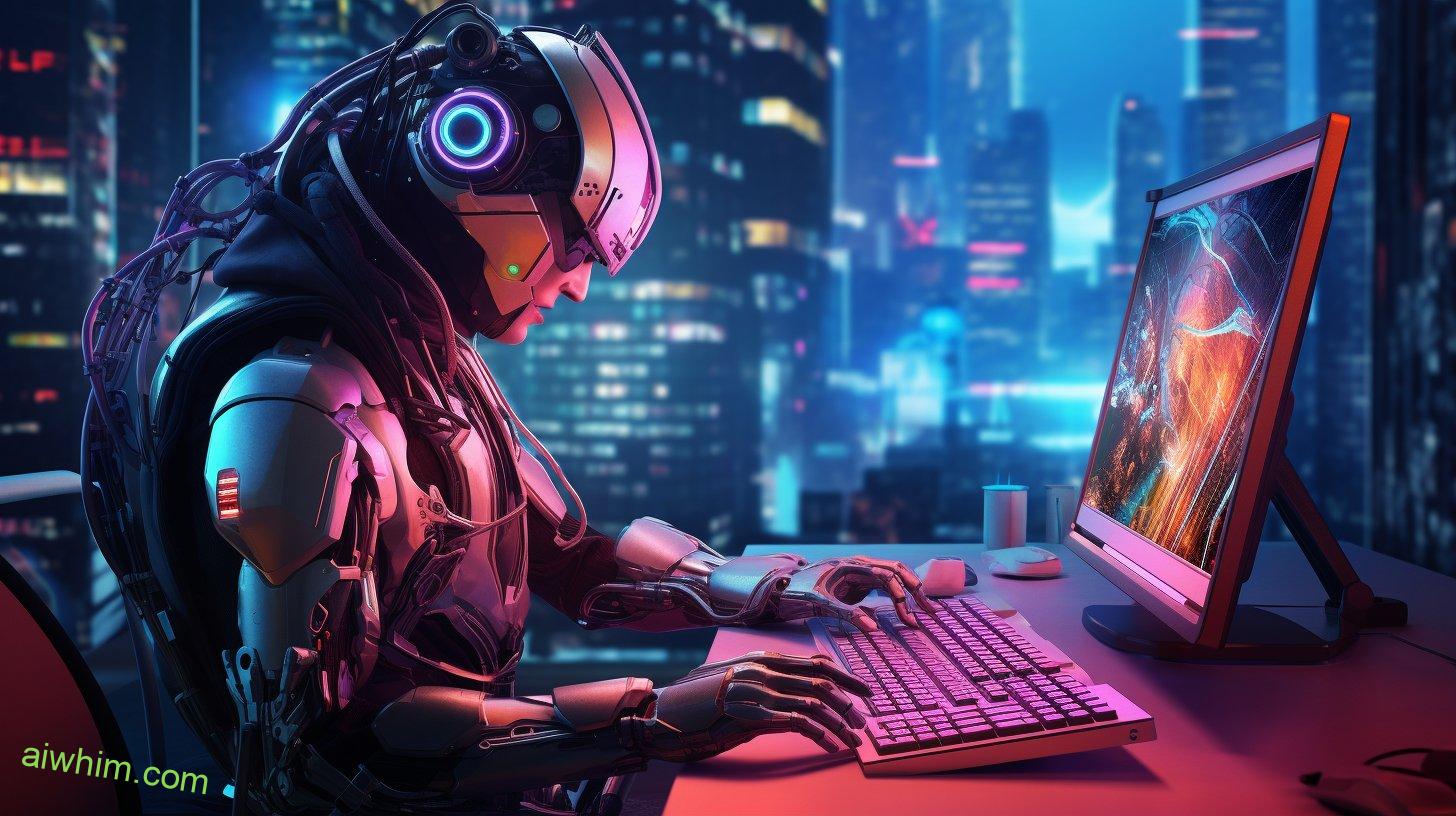
The Future of Physics Jobs: Human Vs. AI Collaboration
Imagine a future where you, as a physics professional, collaborate seamlessly with AI technologies to push the boundaries of scientific exploration and discovery. This future holds immense potential for human-machine collaboration in the field of physics. While there may be concerns about AI replacing jobs, it is important to understand that AI is not here to replace humans but rather augment their abilities.
The integration of AI into the field of physics opens up new avenues for research and innovation. With AI’s ability to process vast amounts of data and perform complex calculations at lightning speed, physicists can focus more on analyzing results and developing theories. This collaboration between humans and machines allows for faster progress in areas such as astrophysics, quantum mechanics, and particle physics.
Furthermore, this advancement in technology also brings about exciting job prospects for physicists. As AI becomes more sophisticated, there will be an increasing demand for professionals who can effectively utilize these tools in their research. Physicists who are adept at collaborating with AI technologies will find themselves at the forefront of scientific breakthroughs.
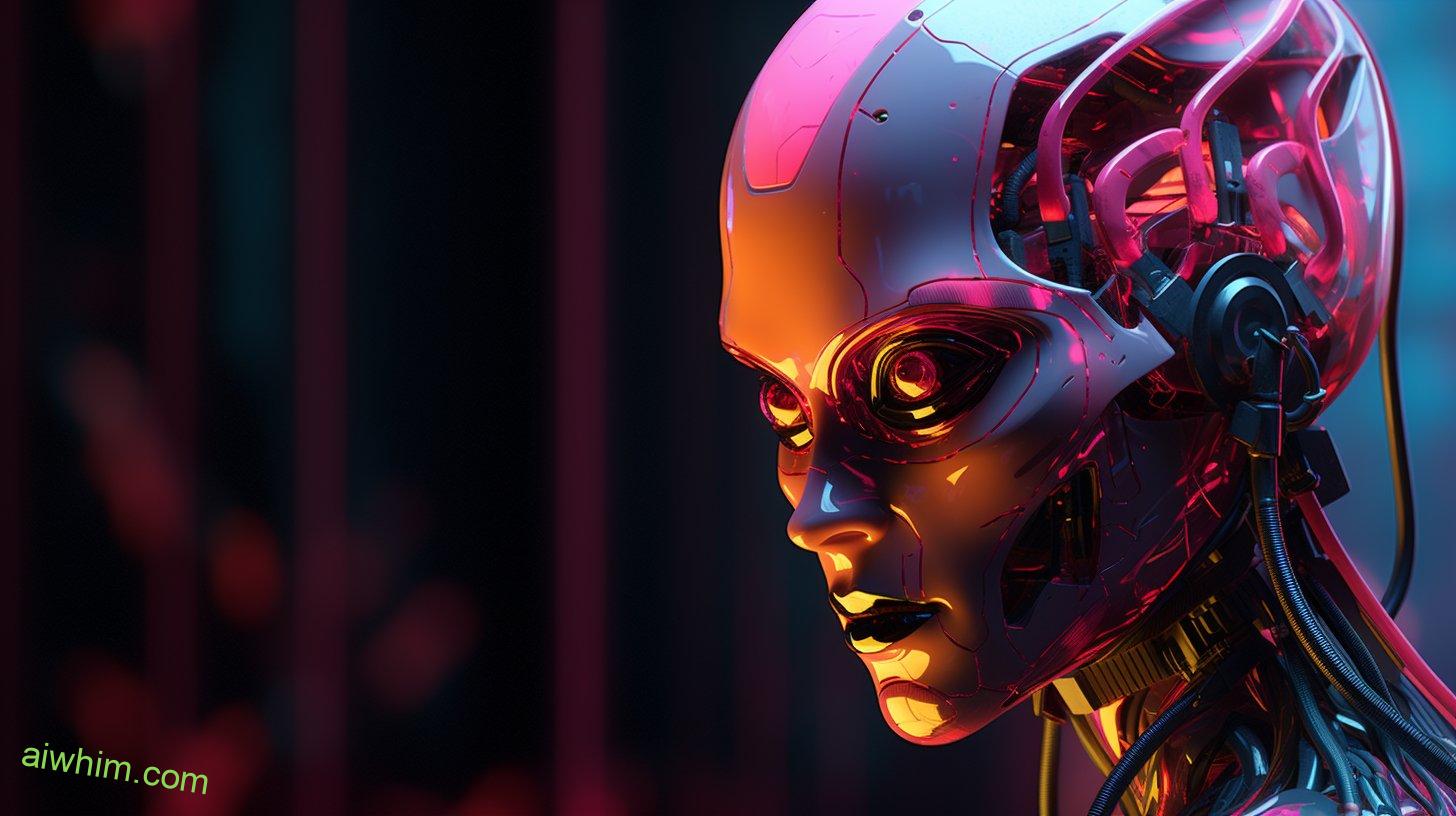
Ethical Considerations in AI-Generated Physics Work
The integration of AI into physics work raises ethical considerations that need to be carefully addressed. As we delve deeper into the world of AI-generated physics research, it is crucial to consider the potential implications and ensure that our ethical values remain intact. Here are a few important points to ponder:
- Data Bias: AI algorithms are only as good as the data they are trained on. If the training data contains biases or reflects societal prejudices, it can lead to biased outcomes in scientific research.
- Accountability: Who should be held responsible for errors or misinterpretations made by AI systems? It becomes essential to establish clear lines of accountability when AI is involved in scientific decision-making processes.
- Transparency: The black-box nature of some AI algorithms makes it challenging to understand how decisions are made. Ensuring transparency in the workings of these systems is necessary for trust and credibility in scientific research.
- Human Supervision: While AI can assist physicists and accelerate their work, maintaining human supervision is critical. Ethical decisions require human judgment and understanding, which cannot be entirely replaced by machines.
Incorporating artificial intelligence into scientific research undoubtedly presents exciting possibilities, but we must navigate these waters responsibly, considering the ethical implications at every step. Only through careful consideration and transparent practices can we harness the power of AI while upholding our values and preserving freedom in scientific exploration.
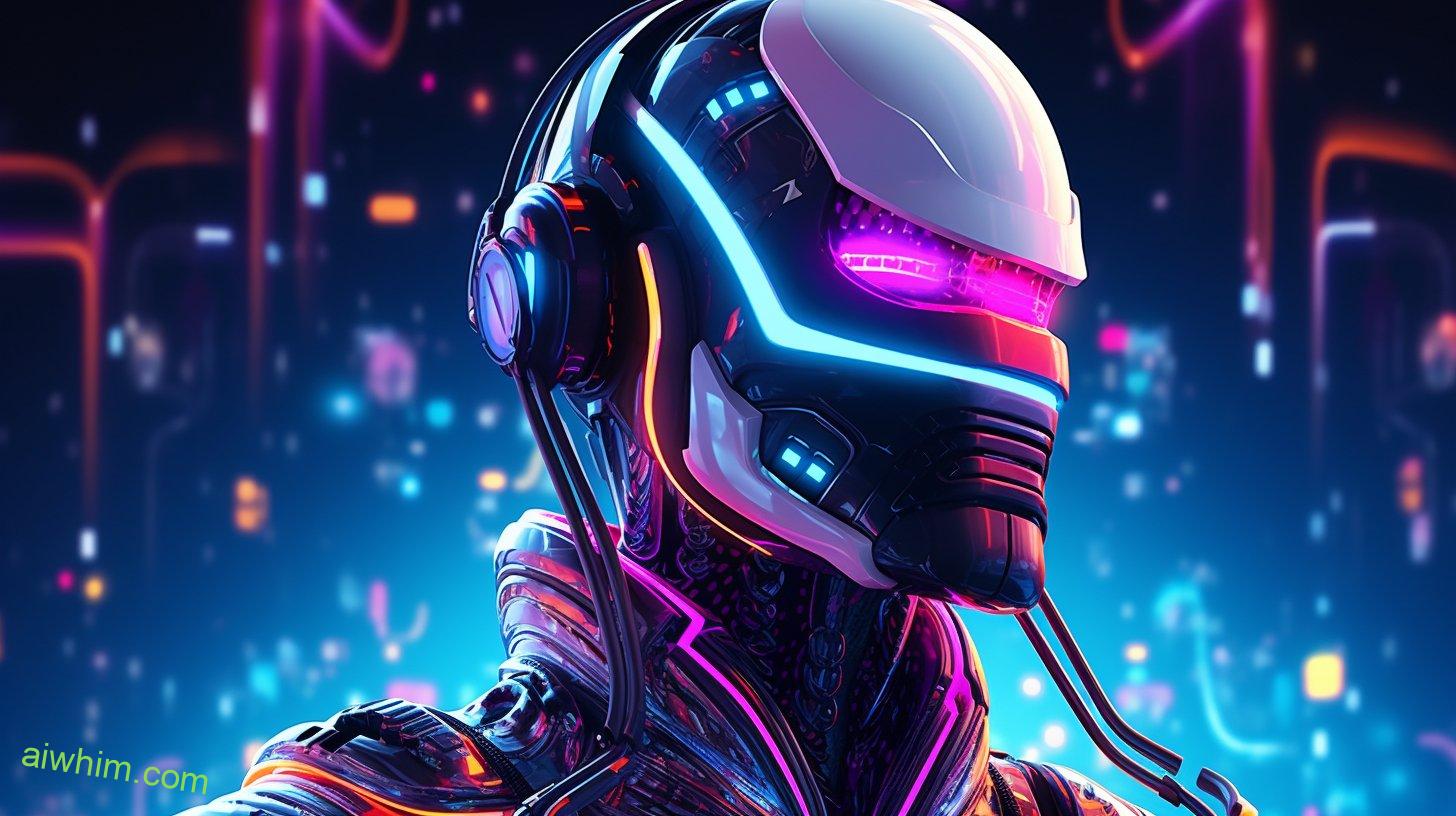
AI and the Changing Skillset of Physicists
In the ever-evolving world of physics, the rise of AI-driven research is reshaping the landscape and impacting the skillset required from physicists like yourself. As we discussed earlier, ethical considerations are crucial when it comes to AI-generated physics work. However, it’s also important to consider how these advancements will affect your role in the changing job market.
The integration of AI technology has led to more efficient data analysis and simulation capabilities, allowing researchers to explore complex problems at a faster pace. This means that some repetitive tasks previously done by physicists may now be automated by AI systems. While this might initially seem concerning, it actually presents a unique opportunity for you as a physicist.
With mundane tasks being automated, you can focus more on higher-level thinking and problem-solving. Your expertise in understanding complex physical phenomena and designing experiments will become even more valuable. Additionally, your ability to interpret and communicate scientific findings will remain essential in bridging the gap between technical advancements and societal impact.
Embracing this change requires adapting your skillset accordingly. Developing expertise in areas such as machine learning algorithms or programming languages used in AI research can enhance your career prospects and enable you to contribute meaningfully in an increasingly AI-driven field.
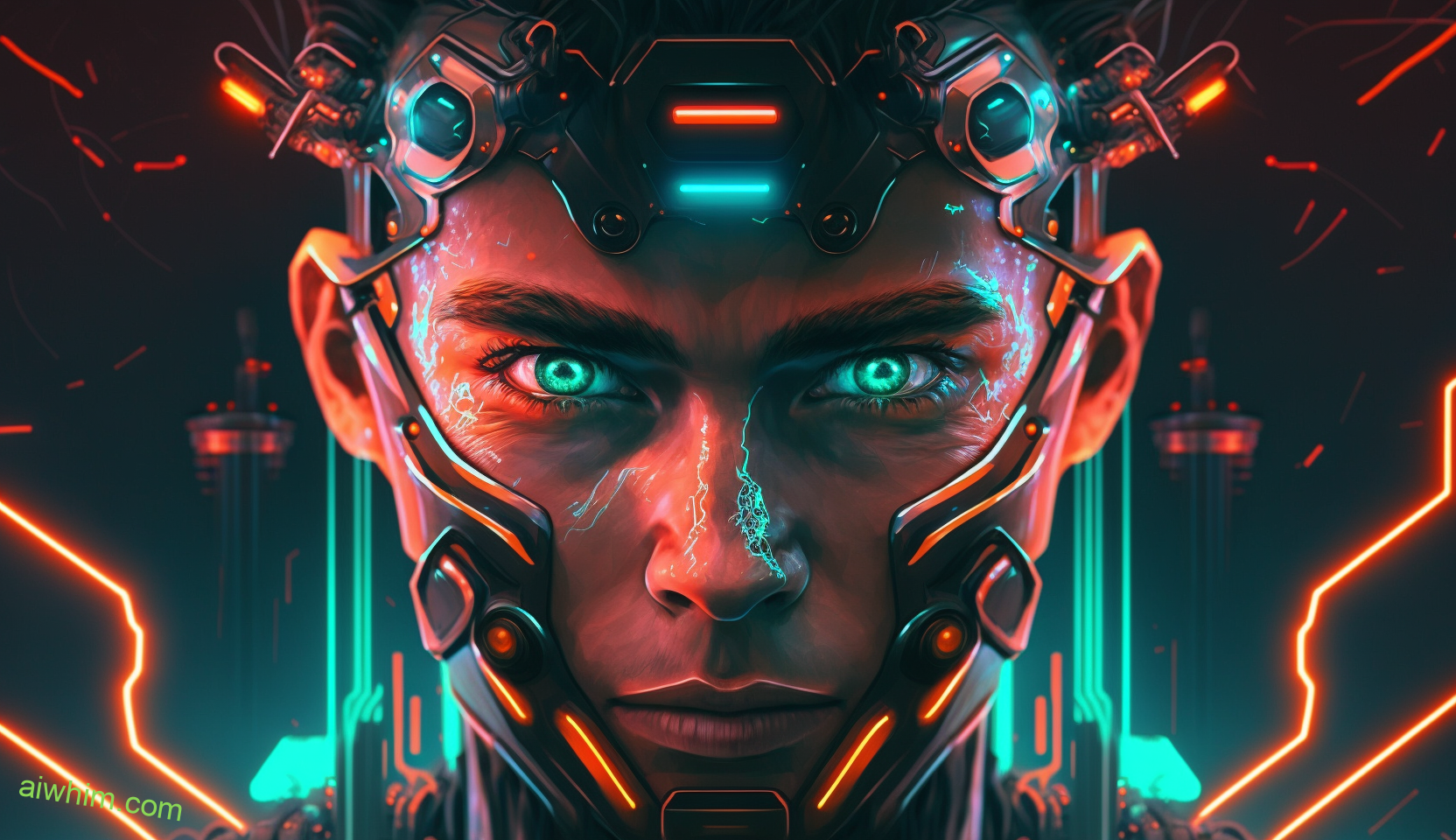
Adapting to AI: Strategies for Physicists to Stay Relevant
Adapting to the rise of AI-driven research in physics involves updating your skillset and staying relevant in an ever-evolving job market. As a physicist, it’s important to embrace technology and equip yourself with the strategies for upskilling that will keep you ahead of the curve.
Here are four ways you can navigate this changing landscape:
- Continual Learning: Stay curious and never stop learning. Embrace online courses, workshops, and conferences to expand your knowledge base.
- Collaboration: Foster collaboration with AI experts and data scientists. By working together, you can combine your expertise with their technological skills to make groundbreaking discoveries.
- Data Analysis Skills: Develop strong data analysis skills to effectively interpret large amounts of information generated by AI algorithms. This will enable you to draw meaningful conclusions from complex datasets.
- Ethics Awareness: Understand the ethical implications of using AI in research. Stay informed about potential biases or limitations associated with AI-driven systems.
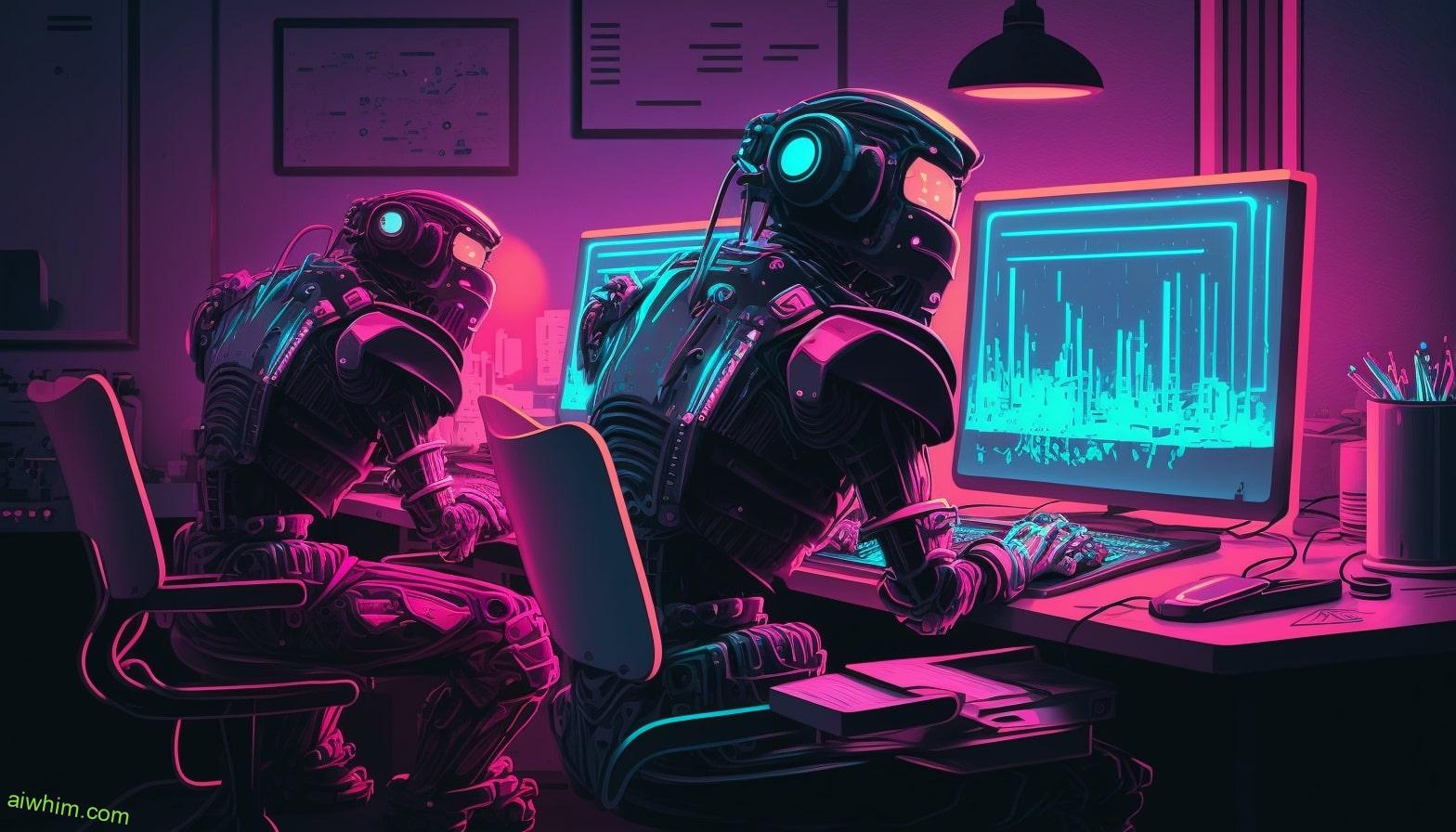
AI’s Impact on Physics Problem Solving and Analysis
By embracing AI, you can enhance your problem-solving and analysis capabilities, opening up new avenues for scientific discovery. AI has had a significant impact on theoretical physics, revolutionizing the way physicists approach complex problems and contributing to groundbreaking scientific breakthroughs.
With its ability to process vast amounts of data and perform complex calculations at incredible speed, AI has become an invaluable tool in theoretical physics research. It allows physicists to explore previously uncharted territories, analyze intricate patterns and relationships within data sets, and generate accurate predictions.
AI’s role in scientific breakthroughs cannot be overstated. It has enabled physicists to make advancements in areas such as quantum mechanics, astrophysics, and particle physics. Through machine learning algorithms and neural networks, AI can identify patterns that humans might miss or take years to discover.
Furthermore, AI has been instrumental in simulating complex physical phenomena that were once considered computationally impossible. By utilizing AI-powered simulations, physicists can model the behavior of particles or systems under different conditions with remarkable accuracy.
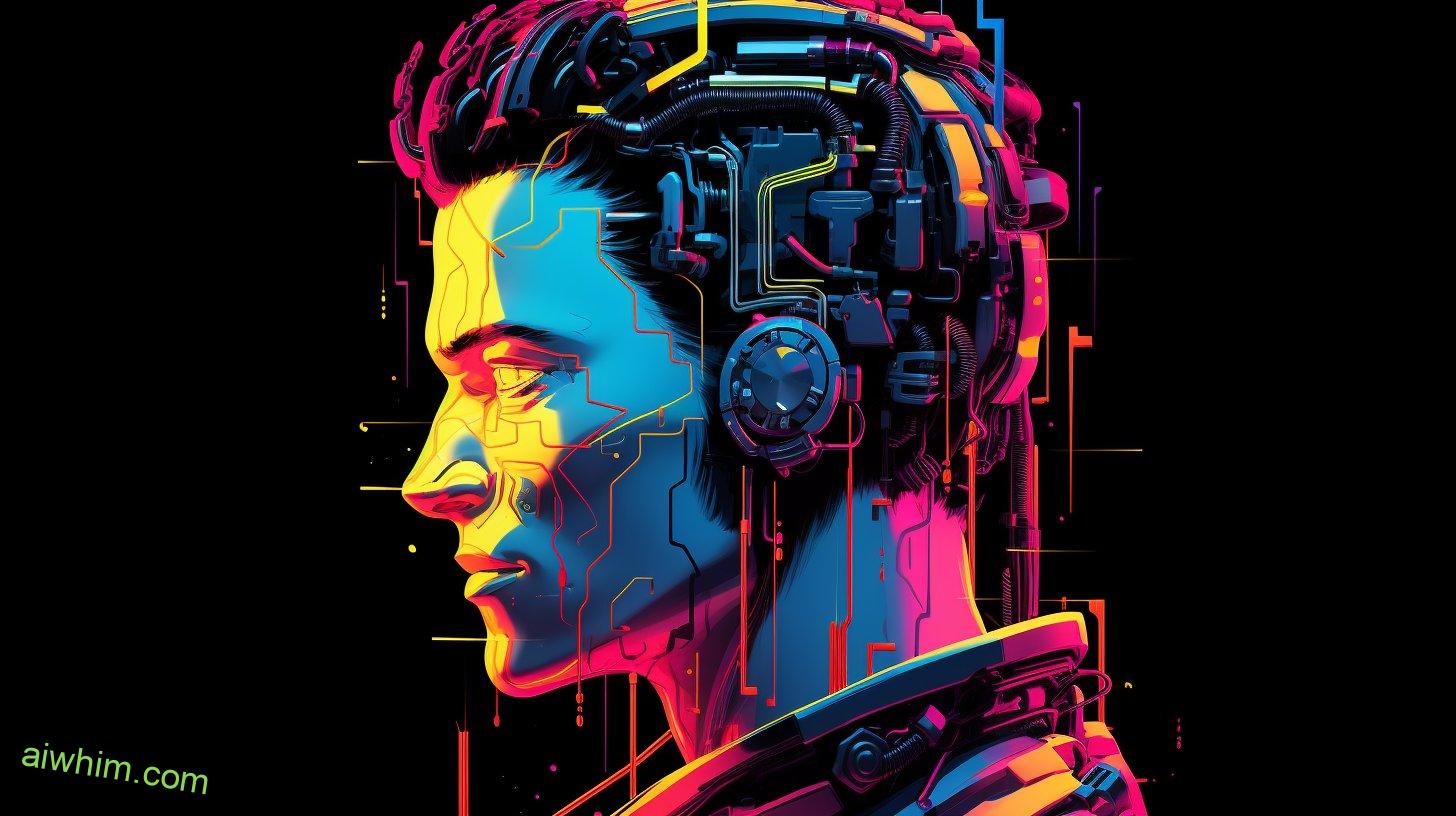
The Potential of AI for Improving Experimental Physics
Explore the potential of AI in experimental physics, as it has the ability to revolutionize data analysis and accelerate scientific discoveries. With AI’s capabilities, you can expect improvements in data analysis and optimization of experimental design. Here are some exciting ways AI can enhance your work in experimental physics:
- Efficient Data Processing: AI algorithms can quickly analyze large amounts of data, identifying patterns or anomalies that may have otherwise been missed. This saves you time and allows for more thorough analysis.
- Enhanced Experimental Design: By utilizing machine learning techniques, AI can help optimize experimental parameters such as sample preparation, measurement settings, and control variables. This leads to more precise and reliable results.
- Real-time Decision Making: With AI algorithms running in real-time during experiments, you can make informed decisions on-the-fly. This flexibility enables you to adapt experiment conditions based on immediate feedback from the system.
- Automated Error Detection: AI-powered systems can detect errors or inconsistencies in your experimental workflow, helping you identify potential issues before they impact your results. This ensures reliability and reduces the chances of costly mistakes.
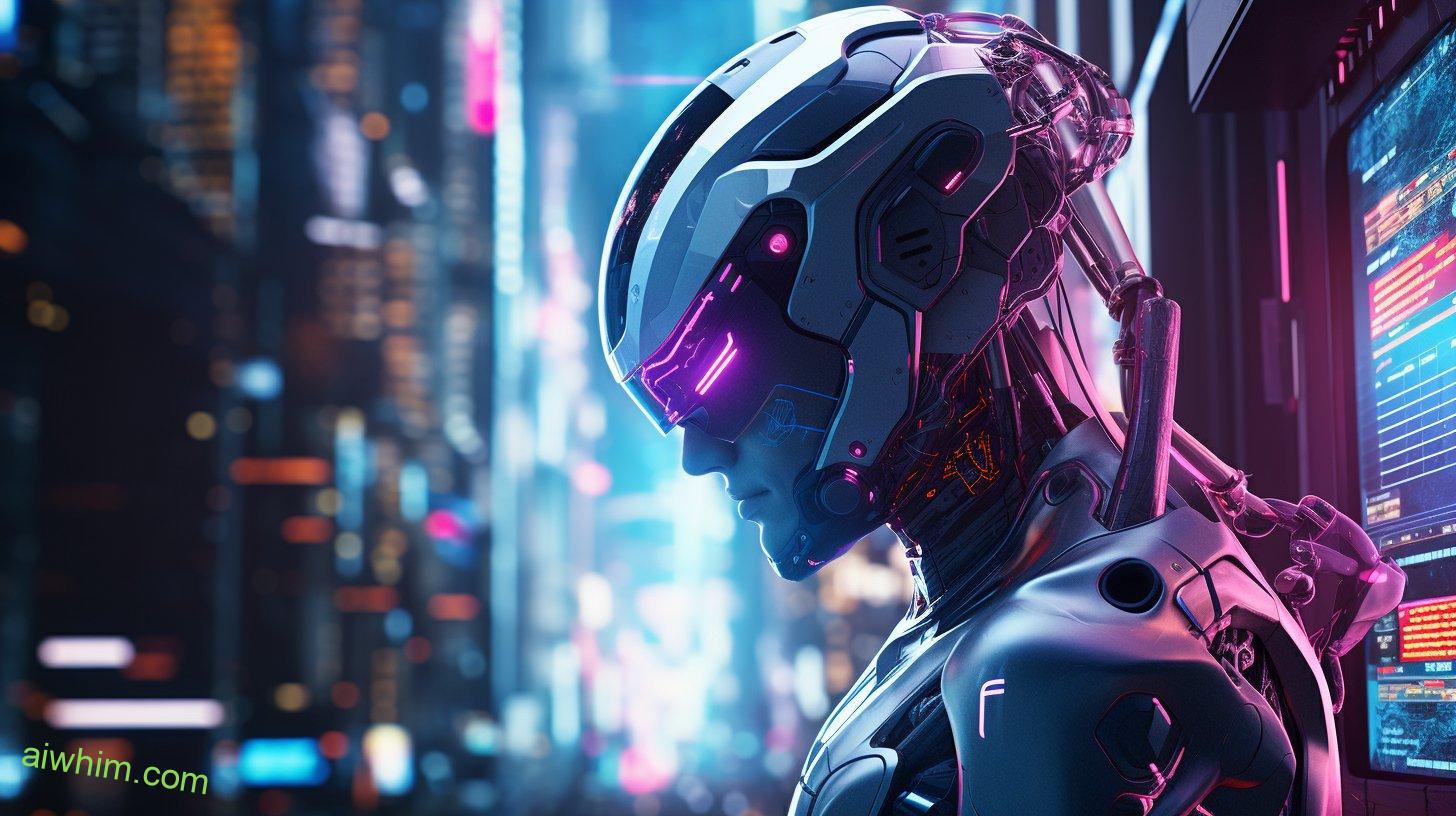
Embracing AI: Thriving in the AI-Powered Physics Industry
In the previous subtopic, we explored the potential of AI in improving experimental physics. Now, let’s delve into how you can embrace AI and thrive in this AI-powered physics industry.
AI has a profound impact on scientific research, revolutionizing the way physicists conduct experiments and analyze data. One particular area where AI shines is in physics simulations. By harnessing the power of machine learning algorithms, AI can simulate complex physical phenomena with incredible accuracy and speed.
As a physicist, you have an opportunity to leverage AI as a powerful tool in your research. By integrating AI into your work, you can enhance your understanding of fundamental principles and uncover new discoveries that were previously unattainable. The role of AI in physics simulations allows you to explore intricate systems beyond human capability, leading to breakthroughs that push the boundaries of our understanding.
To thrive in this evolving landscape, it is essential to stay abreast of advancements in AI technology and develop a strong foundation in its applications within physics. Embracing this collaboration between human intellect and artificial intelligence will empower you to unlock new possibilities and contribute significantly to scientific progress.
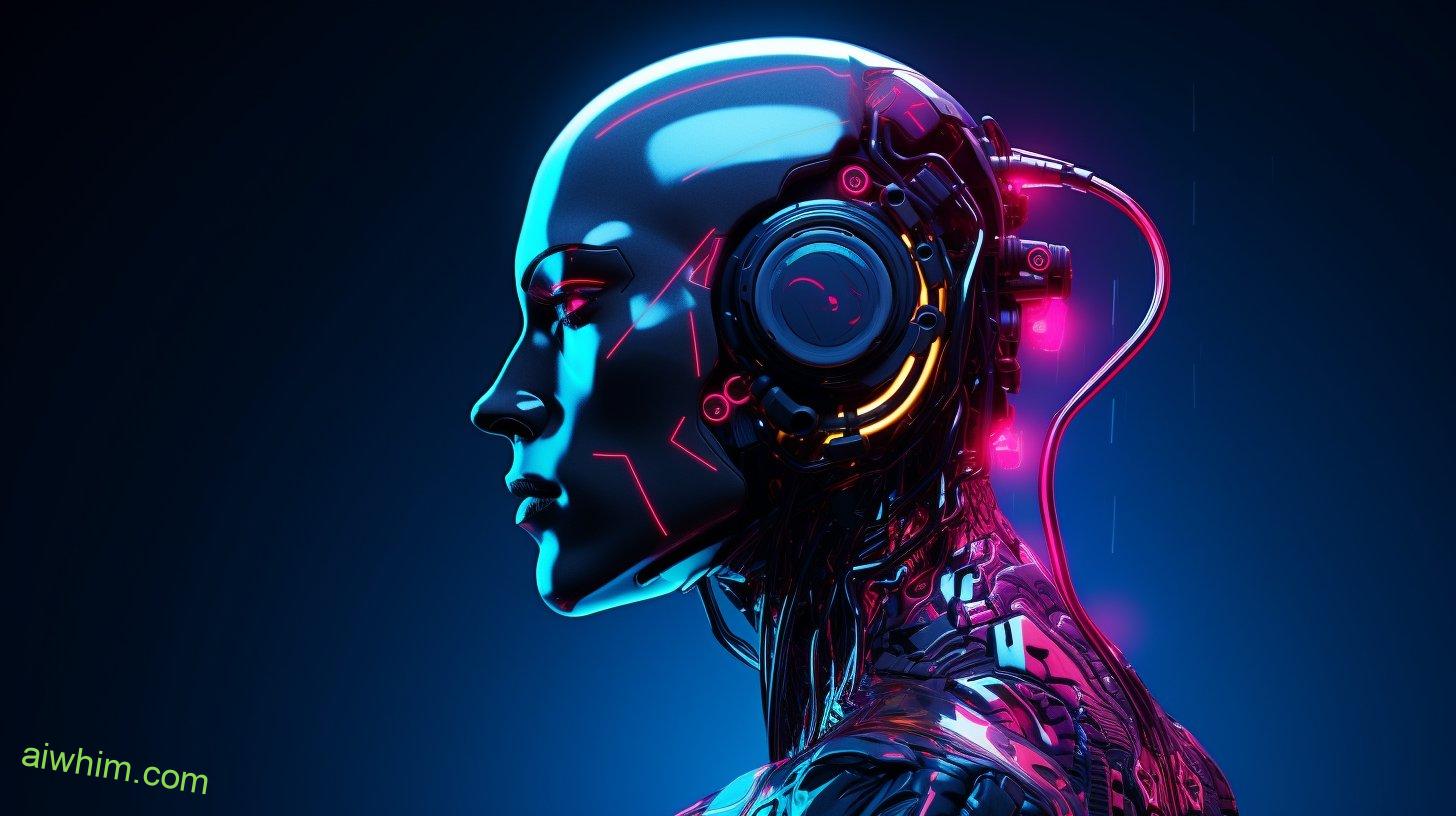
Frequently Asked Questions
How Can Physicists Adapt Their Skills to Stay Relevant in the Age of AI?
To stay relevant in the age of AI, physicists must adapt their skills. Embrace new technologies, explore interdisciplinary fields, and continuously learn to enhance future prospects. Your job as a physicist can thrive with the right mindset.
What Are the Potential Ethical Considerations in AI-Generated Physics Work?
Considering the ethical implications of AI-generated physics work is crucial. As a physicist, you must navigate the potential consequences and ensure that scientific research remains guided by principles of fairness, transparency, and accountability.
How Is AI Impacting the Problem-Solving and Analysis Aspect of Physics?
AI is revolutionizing physics problem-solving and analysis, making it more efficient and accurate. It’s driving innovations in physics education too. But don’t worry, AI won’t replace your job as a physicist. Embrace the benefits!
What Are Some AI-Driven Innovations in Physics Education and Teaching?
Innovations in physics education are driven by AI. AI-driven simulations create personalized learning experiences, allowing you to explore complex concepts at your own pace. Embrace the freedom to expand your understanding of the universe.
How Can Physicists Embrace AI to Thrive in the AI-Powered Physics Industry?
To thrive in the AI-powered physics industry, physicists can embrace AI by engaging in collaborative research and utilizing AI-powered simulations. This allows for greater efficiency and innovation, ensuring your job as a physicist remains relevant.
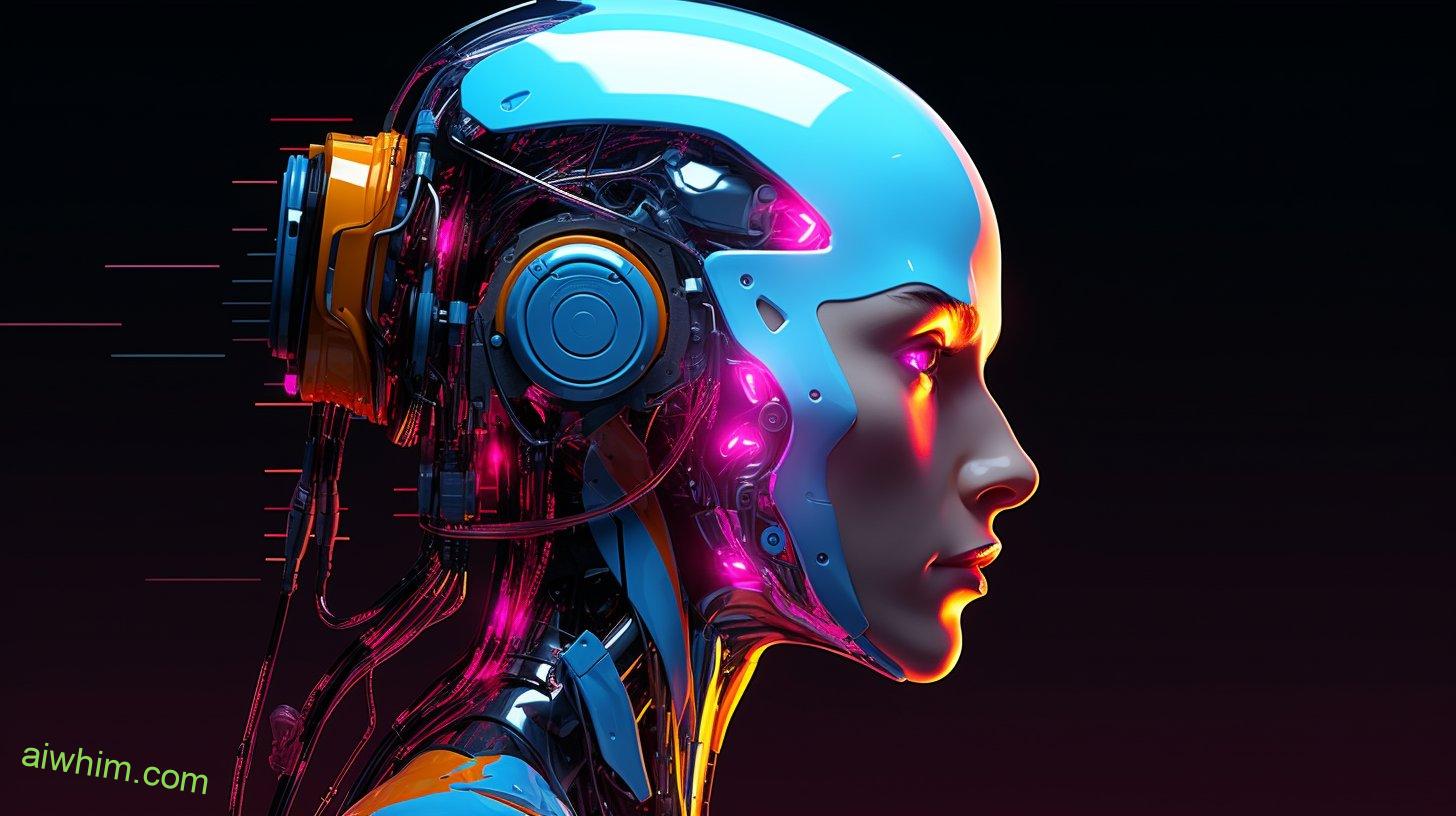
Conclusion
So, will your job as a physicist be replaced by AI? The answer is not entirely clear. While AI advancements have undoubtedly impacted the field of physics, it is unlikely that physicists will be completely replaced by machines.
According to a recent study, only 8% of physicists believe that their jobs are at high risk of automation. This statistic highlights the belief among professionals in the field that human expertise and intuition are still crucial in tackling complex scientific problems.
As AI continues to evolve, physicists must adapt and embrace its potential for improving experimental physics while maintaining their unique problem-solving skills.







